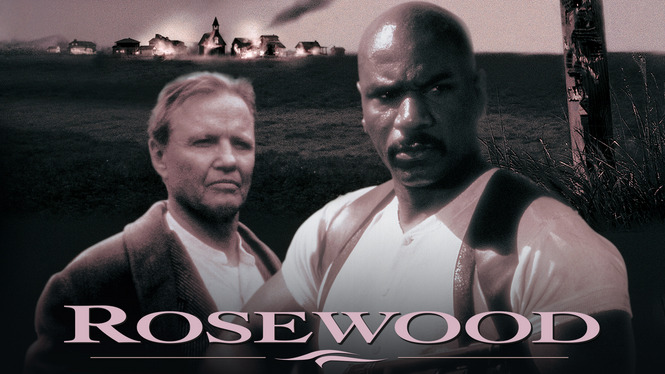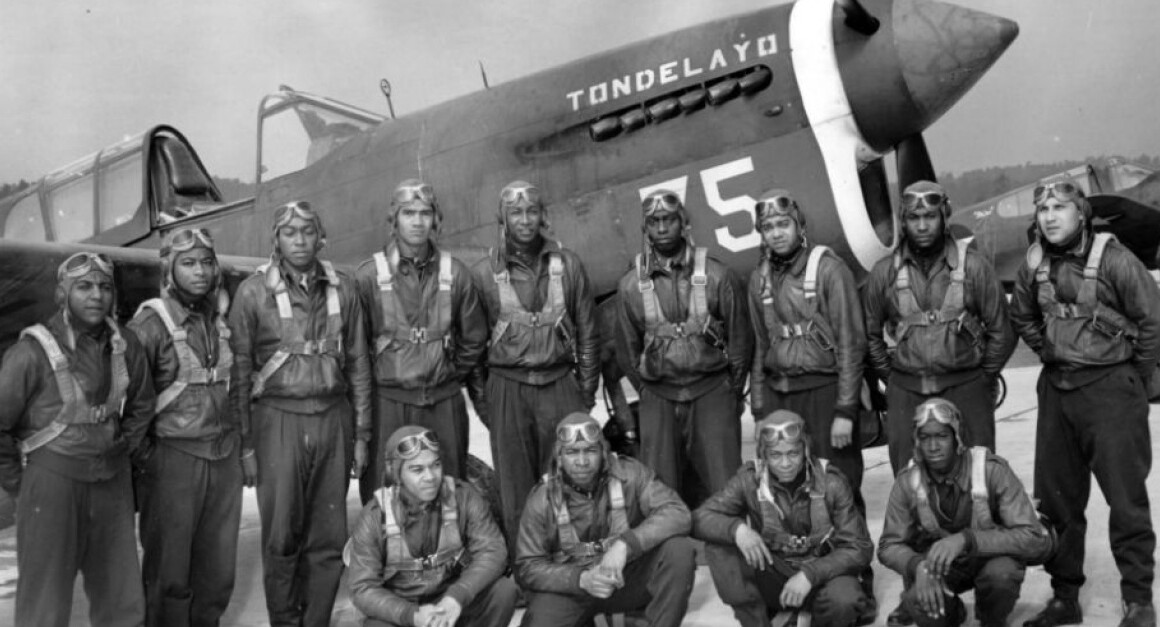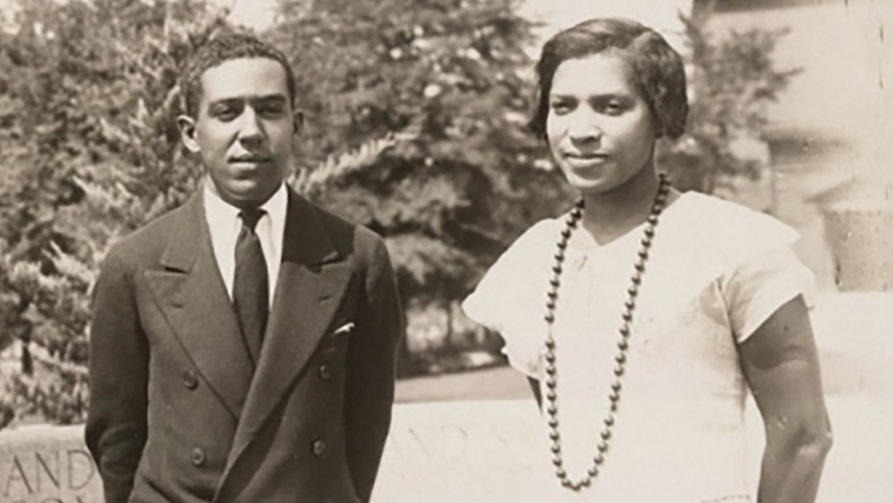Who represents the progressive black voice today? In times of economic turmoil where African American unemployment is twice that of white Americans, where too many African Americans were illegally disenfranchised in Florida in the last Presidential election, where HIV/AIDS is decimating the black population and when African American soldiers are dying in Iraq for no just cause, it seems black America lacks a unifying voice. Black America needs a voice to speak on those issues, as well as, issues dominated by the progressive predominantly white left such as the influence of international corporations enforcing their global domination through un-elected institutions such as the World Trade Organization and the International Monetary Fund.
After nearly two centuries of progressive African American leaders, activist and thinkers from Harriet Tubman, Sojourner Truth, Frederick Douglass to DuBois, Woodson, Garvey, Malcolm X and Martin Luther King, Jr. there is now arguably a void in African American leadership at a time when its desperately needed. We live in a time where the rights gained in previously years must vigorously be defended against right wing extremist who currently control the United States government and control the American air waves.
Jesse Jackson is a great spokesman for all causes where there is injustice anywhere in the world but he is moving more toward the statesmen role than progressive activist. If you are in trouble anywhere in the world and you got one phone call, call Jesse. Although a civil rights warrior and a great American he tends to lack the street cred needed for 21st century African American leadership.
Min. Louis Farrakhan leader of the Nation of Islam arguably became the spokesman leader of the progressive African American after the million-man march. But his age and health has limited his ability and the Nation’s ability to transform the energy from the million-man march to votes.
Neither the Democratic Party nor the American corporate owned media establishment does not take Al Sharpton’s Presidential run seriously. Al does speak to the heart of the progressive democratic movement in terms of the need for social justice and equity in America domestically and with regard to American foreign policy. Sharpton is an important voice in the democratic race for the white house, but he is not inspiring in the way Jesse Jackson’s run for the white house in 1984 or 1988 where Jesse won several primaries. See Sharpton Article in Dept. of Business and Politics.
Is it the Congressional Black Caucus (CBC) or the elected Political leadership? It could be but there are no more than 40 members in Congress and there are no black senators, no black governors, and no black Lt. governors. Potentially strong leaders like Cynthia McKinney who held hearings about the Florida election debacle and was among the first in Congress to ask what Bush knew before 9/11. She was defeated in her reelection primary due to a Bush backed democratic opponent in an open primary where republicans voted for her opponent in a democratic primary. The right wing owned media conglomerates are drowning the CBC’s voice and its difficult for the CBC to speak out on certain issues because they too take the same money that keeps Congress itself from truly representing the American people. The CBC needs to be more creative. For instance, the CBC should meet with leadership in the Brazilian government who has come up with creative ways to address its HIV/AIDS crisis or perhaps with several African nations or Caribbean nations to discuss trade and small business opportunities within the black Diaspora.
The NAACP the oldest civil rights group in America continues to speak out against social injustices but is more and more being portrayed negatively in the mainstream right wing press especially when a democrat presidential candidate fails to show up for a debate. Although the mission to Cuba was criticized by the mainstream press, the NAACP’s November 2002 delegation meeting with Cuban President Fidel Castro to discuss health, education and agricultural and trade issues in his country is the kind of creative thinking needed. Coming out of those discussions were an agreement with Cuba’s food-import agency, Alimport, which could help give preference to African-American farmers in future food purchases. Black farmers have long been discriminated by the USDA.
Those who consider themselves African American leaders need to come up with creative ways to inspire black youth who tend to look up to athletes such as LeBron James and Allen Iverson and rappers such as 50 Cent as role models. In the absence of a Malcolm or a Martin it seems African Americans must settle for leadership by committee, which is not necessarily a bad thing. It is a more difficult for haters to destroy an organization than it is to destroy an individual. But those who purport to represent the interest of the African American community must do a better job in getting their message out to the rank and file whatever that message may be. In addition to protecting rights previously gained, black leadership in the 21st century must fight for equal access to quality health care needs, and the economic security and prosperity of not only African Americans but for people of African descent everywhere.








